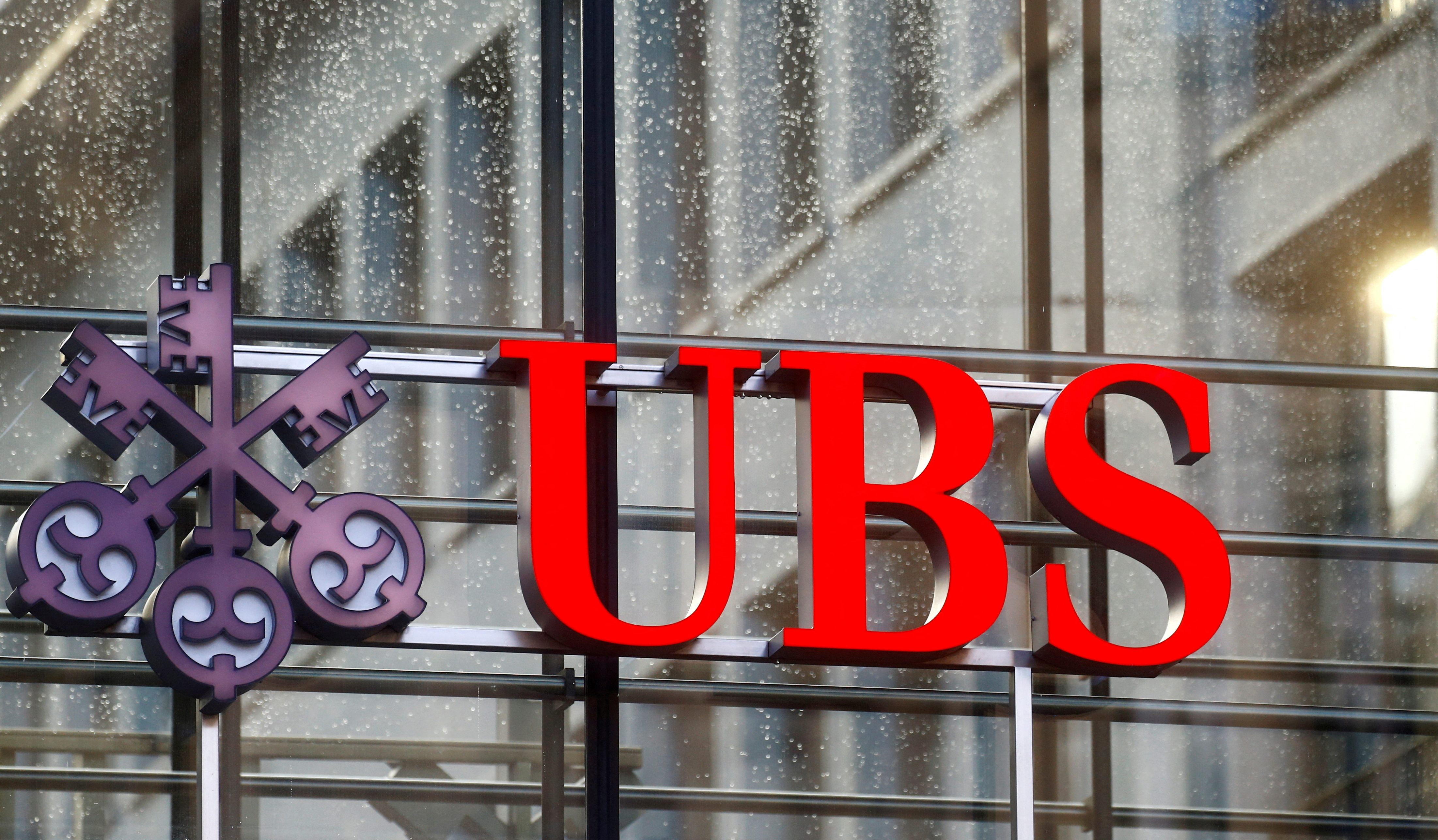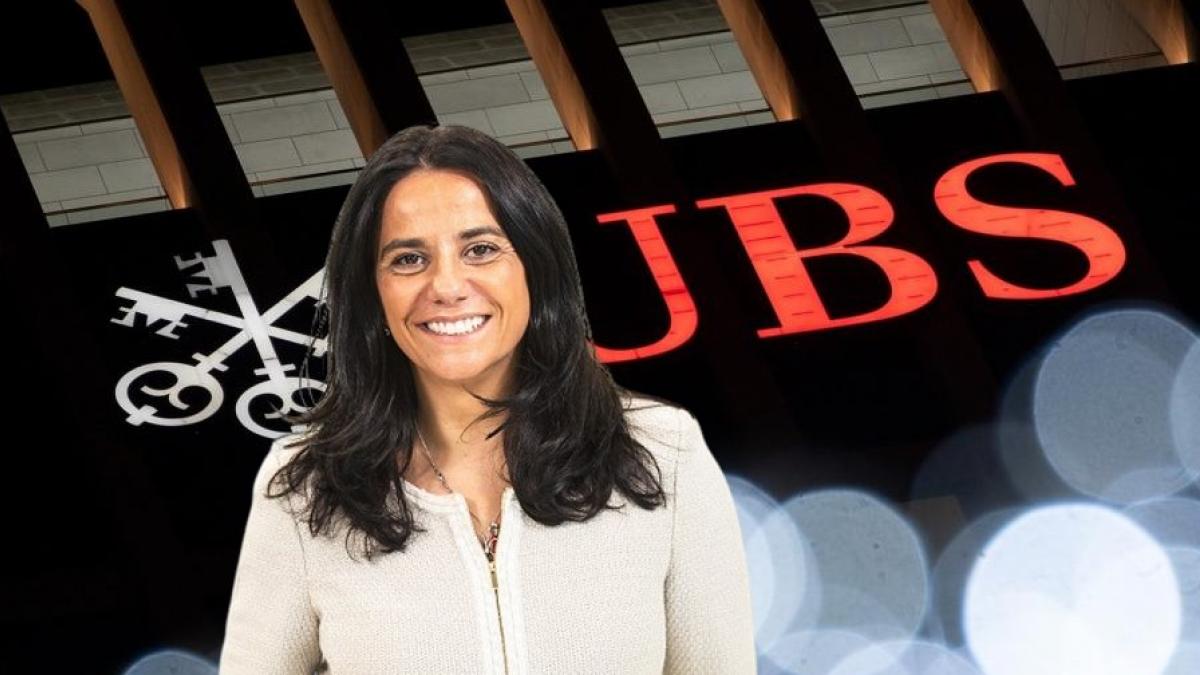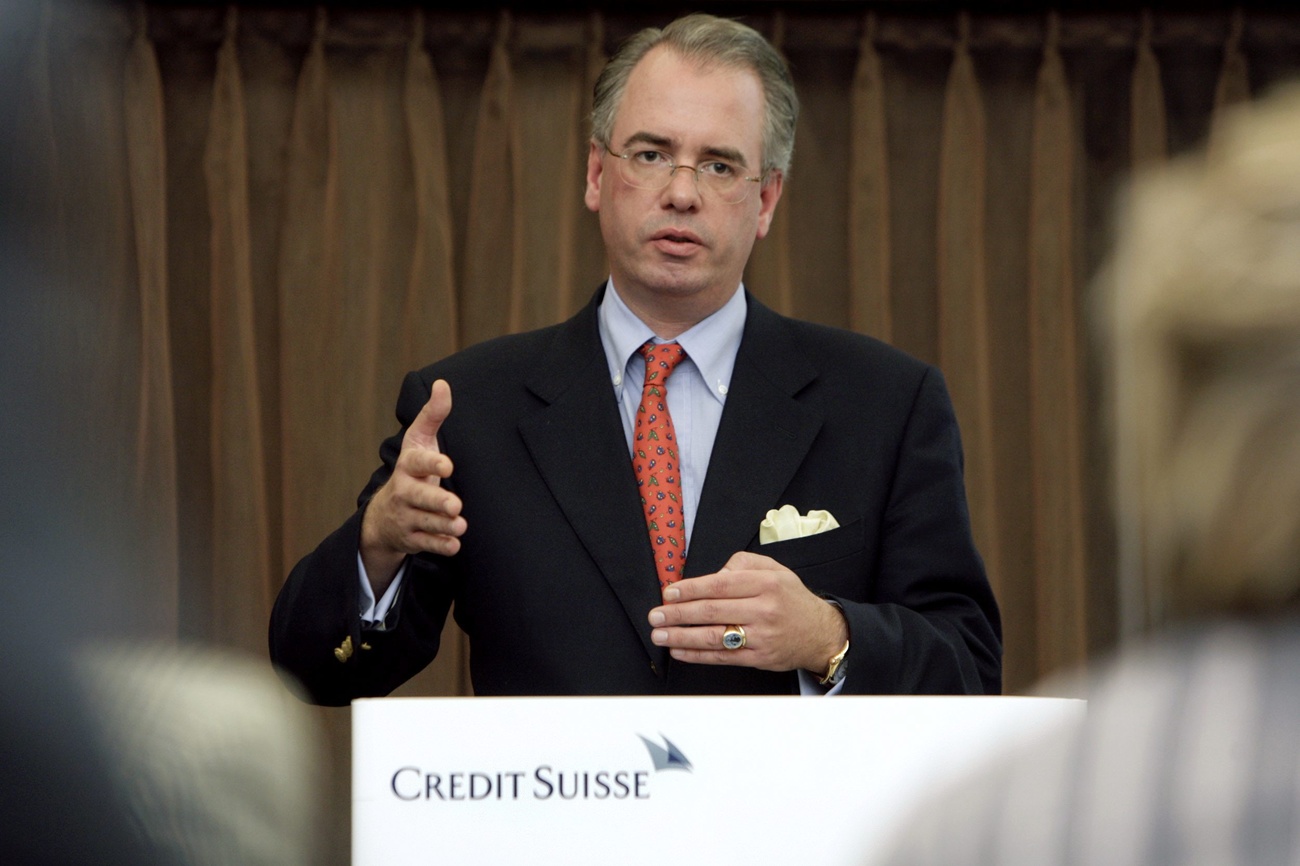UBS Is On Its Way to Integrate Credit Suisse’s Investment Bank
UBS has prioritized integrating Credit Suisse's investment bank and has also accelerated cost-cutting.

Even though the decision on the future of Swiss domestic business is pending and is expected within a few months, UBS is all set to integrate Credit Suisse’s investment bank and advance cost-cutting procedures.
Once UBS’s merger with its struggling rival is complete, its newly recharged top management team will begin managing the largest bank integration effort since the financial crisis.
It is believed that the executives will first bring the two investment banks together to create some clarity and also to avoid “two people going out and calling organizations to sell the exact products”.
In a message, UBS chief executive Sergio Ermotti had also urged the staff to hold back from seeing Credit Suisse’s workers as contenders.
He also said that their rivals who are outside of the firm are constantly trying to take advantage of this situation to poach their business, clients, and even talent.
It is also said that UBS is on its way to winding down most of Credit Suisse’s investment bank, and 17,000 employees of many divisions are expected to go.

After all this, UBS is still trying to hold on to the bankers who specialize in growing areas such as technology, entertainment, media, pharmaceuticals, telecoms, etc. because it may be easy for them to persuade firm owners to agree for signing up as clients for wealth management.
It must be noted here that the investment bank would continue to be led by Rob Karofsky under the renovated leadership team as announced by UBS, but the wind-down efforts would be supervised by Beatriz Martin Jimenez, the new head of Europe, the Middle East, and Africa.
According to a new person who is involved in this, the integration of Credit Suisse’s wealth management and investments would follow at the same time when UBS would plan to decide the destiny of its domestic business.

Earlier, UBS intended to keep hold of Credit Suisse’s profitable Swiss universal bank, but executives are now open to other options through which they would be able to preserve thousands of jobs and also protect the shareholder value.
Andre Helfenstein would continue to work for the domestic Credit Suisse business, but he would report to outgoing Credit Suisse chief executive, Ulrich Korner. Korner is also expected to join the UBS executive board to inspect the integration process.
This means that all Credit Suisse executives would report to Korner while reporting to their respective heads at UBS after the deal finalizes, and the deal is expected to be finalized in the coming weeks – once the managerial and antitrust approvals have been granted.

Not only this, but UBS is also planning to increase the cost-cutting after the takeover is finalized. For the same reason, Credit Suisse management was already working to cut out expenses by $2.8 billion in three years, but UBS executives think that such efforts must be accelerated to reflect the company’s revenue decrease because those goals were set last year.
So, when Credit Suisse saw a second significant wave of client departures in less than six months, it was saved from collapse.
For this reason, the cost-cutting efforts would come under the guidance of Stefan Seiler, who would be given the handle of human resources and corporate services where he would be responsible for employees, real estate, and vendor management.
As UBS is all geared up, it has sent invitations to up to 100 bankers to access Credit Suisse clients, staff, and even business lines.
Moreover, according to a report, the so-called clean team has been given the job of choosing which alliances should be ceased, which employees should be retained, and which division of departments should be shut down.
Proofread & Published By Naveenika Chauhan




